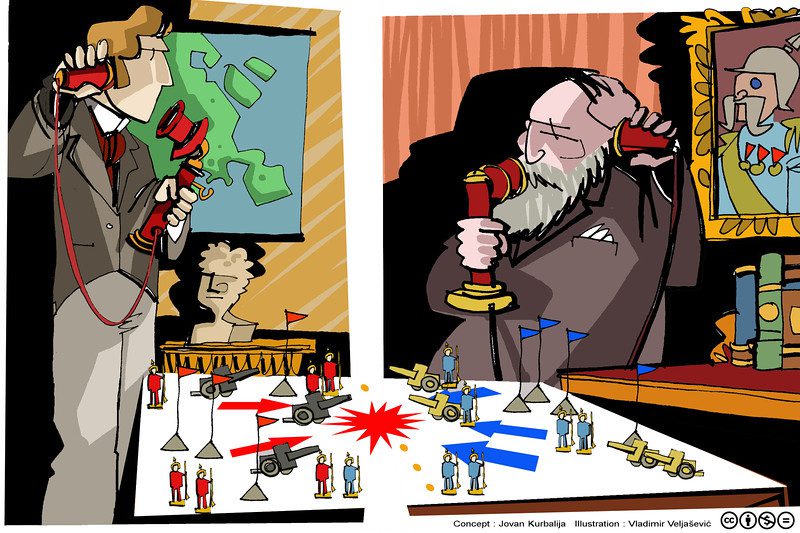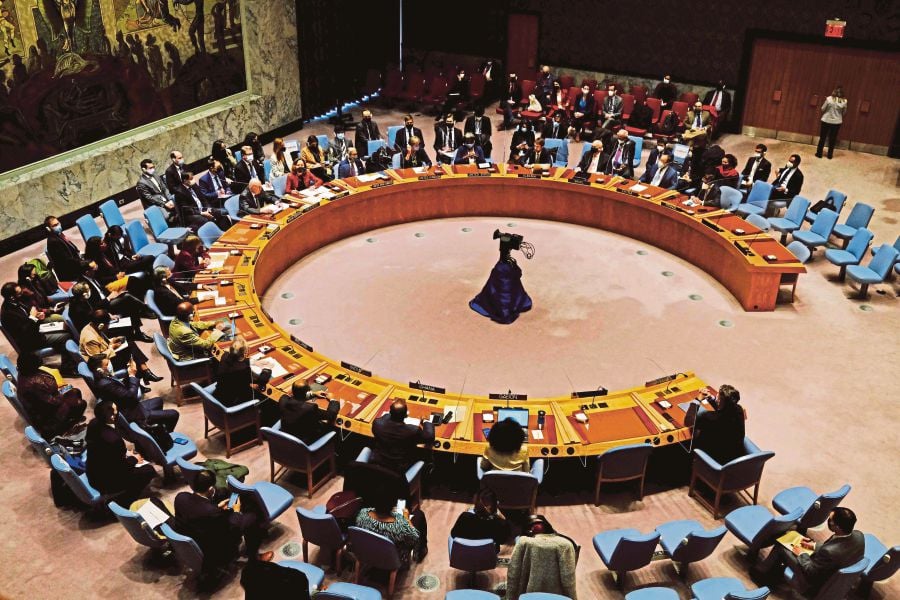By Pantelis Simotas,
In the intricate world of diplomacy, where the fate of nations often hangs on a single word, translators play a crucial, yet often overlooked, role. They are the silent negotiators, bridging linguistic and cultural divides to ensure that communication between countries is accurate and effective. The power of language in diplomacy cannot be overstated, and translators are the unsung heroes who facilitate this complex interplay.
Translators in diplomacy do more than convert words from one language to another; they convey meaning, intent, and nuance. They must understand the cultural contexts and the subtle intricacies of both the source and target languages to avoid misunderstandings that could escalate into conflicts. The importance of precision in translation is paramount in diplomatic negotiations, where an error could lead to misinterpretations with serious consequences. For instance, during the Cold War, a mistranslation of a speech by Soviet Premier Nikita Khrushchev led to the infamous phrase “We will bury you”, which was interpreted as a threat. The correct translation was closer to “We will outlast you”, which, while still confrontational, lacked the ominous implications of the original misinterpretation. Such examples underscore the critical role of translators in maintaining peace and preventing diplomatic crises.
Diplomatic translators must be adept at navigating cultural sensitivities. They need to be aware of the historical and political contexts that influence how language is used and understood. This requires a deep understanding of the cultures involved and the ability to anticipate how certain phrases or terms might be perceived. For example, certain idioms or expressions may have no direct equivalent in another language or might carry unintended connotations. A skilled translator will find ways to convey the intended message, without causing offense or confusion. This cultural sensitivity is particularly important in high-stakes negotiations, where every word matters.

In many ways, translators act as silent negotiators. They are present in the room, privy to confidential discussions, and often have to make split-second decisions to ensure clarity and understanding. Their work requires not only linguistic skills but also a keen sense of diplomacy and discretion. During negotiations, a translator might need to soften the tone of a statement to maintain a collaborative atmosphere or emphasize certain points to ensure they are understood. This subtle mediation can influence the direction and outcome of discussions. Translators must balance fidelity to the original speech with the need to facilitate a productive dialogue.
The work of diplomatic translators is fraught with challenges. They must deal with technical jargon, legal terminology, and sometimes intentionally ambiguous language. Moreover, they often work under immense pressure, with little room for error. The potential for fatigue and stress is high, which can affect performance.
Ethical considerations are also paramount. Translators must remain neutral and impartial, even if they have personal views on the matters being discussed. They are bound by confidentiality agreements, as the information they handle is often highly sensitive. Maintaining this professional integrity is crucial to their role as trusted intermediaries.

With advancements in technology, the field of diplomatic translation is evolving. Machine translation and artificial intelligence are becoming more prevalent, offering tools to aid human translators. However, the nuance and cultural understanding required in diplomatic translation mean that human translators remain indispensable. Technology can assist but not replace the critical thinking and cultural insight that human translators bring to the table.
Translators are the unsung heroes of diplomacy, the silent negotiators who ensure that nations can communicate effectively and understand each other. Their work requires not only linguistic expertise but also cultural sensitivity, discretion, and a deep understanding of the diplomatic landscape. As the world becomes more interconnected, the role of translators in diplomacy will continue to be vital. They are the bridge builders, who help maintain peace and foster mutual understanding between countries, proving that in diplomacy, the power of language is indeed profound.
References
- Jovan Kurbalija, Hannah Slavik. Language and Diplomacy. DiploFoundation. Malta. 2001.
- The Politics of Translation in International Relations. Researchgate. Available here
- George Steiner. After Babel: Aspects of Language and Translation. Oxford University Press. Oxford. 1998.




